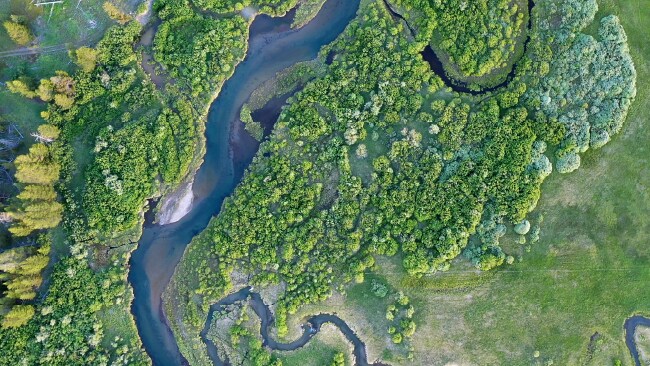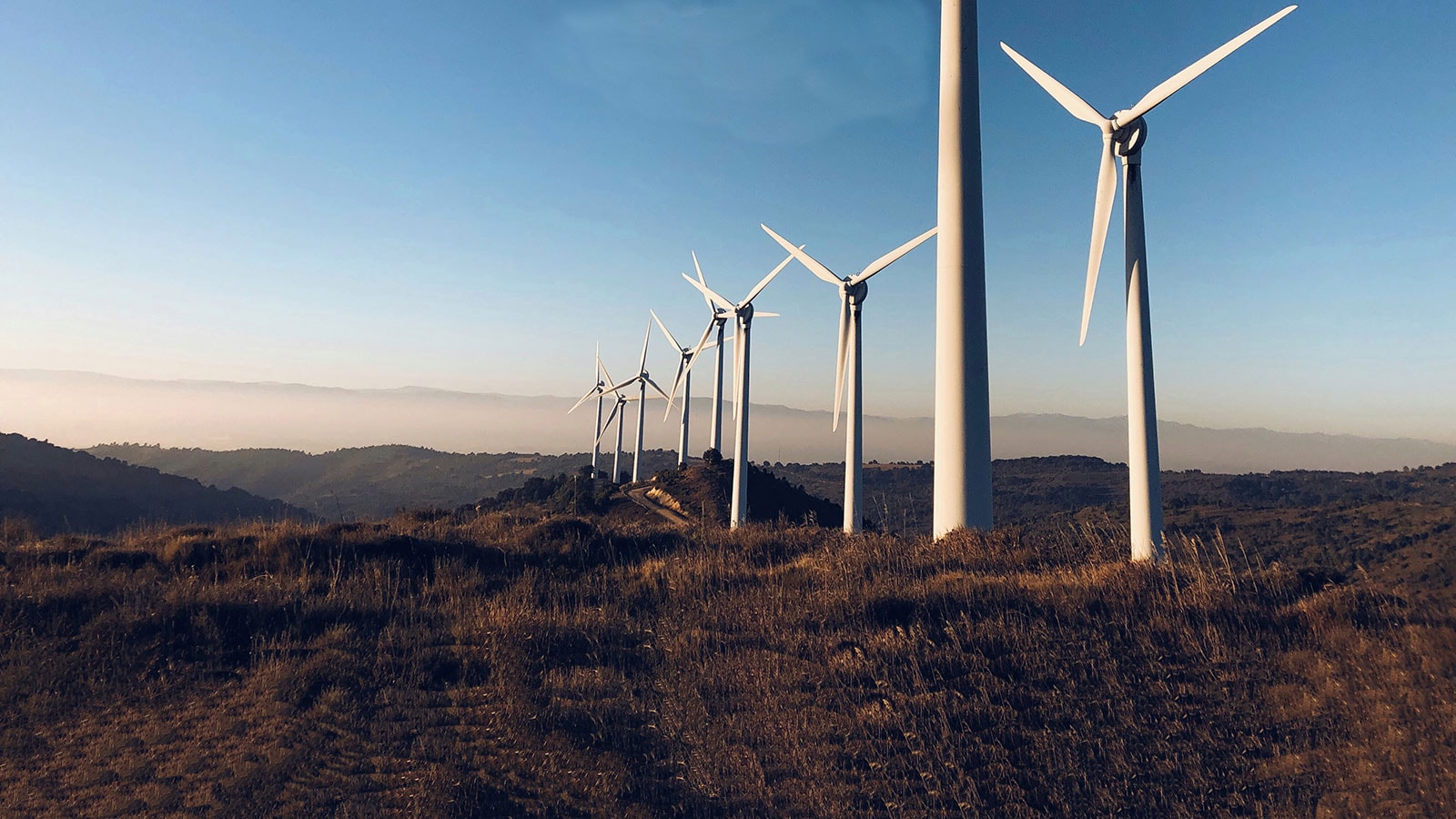Download the report
Enabling a Net Zero world
Exploring corporate decarbonisation ambitions and aspects of renewable energy procurement and carbon offsets in Southeast Asia
Launched during COP28 UAE, our Enabling a Net Zero world report explores the purpose of renewable energy procurement and carbon offsets in decarbonisation and discusses how they are considered to help achieve a company’s decarbonisation ambition. It provides key considerations for corporates looking to operationalise the potential use of renewable energy procurement methods (largely focusing on renewable energy certifications) and carbon offsets for corporate decarbonisation purposes.
The decarbonisation landscape in Southeast Asia (SEA)
The critical importance of reducing emissions in SEA is driving both governments and corporations to act, despite the unique regional challenges present.
On current trends, the SEA region is set to be impacted significantly by climate change. This potential reality has driven a majority of countries in SEA to outline Net Zero ambitions.
While these countries are taking various initiatives to operationalise their Net Zero ambitions, significant challenges such as dependence on fossil fuels, uneven distribution of renewable resources, and the absence of a regional electricity trading platform, remain to hinder the progress. and make the need for accelerated decarbonisation efforts in SEA all the more pressing.
Nonetheless, countries in SEA are making its decarbonisation efforts through new and emerging government policies. It is also observed that there can be significant potential for renewable energy and nature-based and technology-based solutions in the region.
Exploring renewable energy certificates(RECs) and carbon credits (CCs)
Download the report
Enabling a Net Zero world
PwC Singapore at COP28
Related content

Code Red - Asia Pacific’s Time To Go Green
Decarbonisation in the Asia Pacific region was 0.9% in 2020. Achieving the Paris Agreement goal of limiting warming to 1.5°C and delivering net zero requires action that must start now.

Committing to Net Zero
The PwC network will work with its clients to support their efforts, contribute to public policy developments in support of net zero and decarbonise our operations and supply chain through SBTi validated near term targets.

2023 PwC Network Environment Report
We are feeling the devastating impacts of climate change across the world, with global temperatures now at least 1.1°C above pre-industrial levels, and emissions at record-breaking levels. We need to reverse the path we are on.

Summary of Malaysia's National Energy Transition Roadmap (NETR)
The National Energy Transition Roadmap (NETR) Phase was launched in August 2023 to accelerate Malaysia's energy transition.

Indonesia's Carbon Pricing
The key concepts in carbon pricing regulations and discussion on the legal considerations for investors and businesses in entering Indonesia’s carbon market.

Vietnam’s Eighth National Power Development Plan (PDP VIII)
PDP VIII presents an ambitious shift for Vietnam’s generation mix away from coal, heavily weighted in renewables and new technologies underpinning the government’s international commitments to reach NetZero by 2050.
Contact us
Christopher Tan





